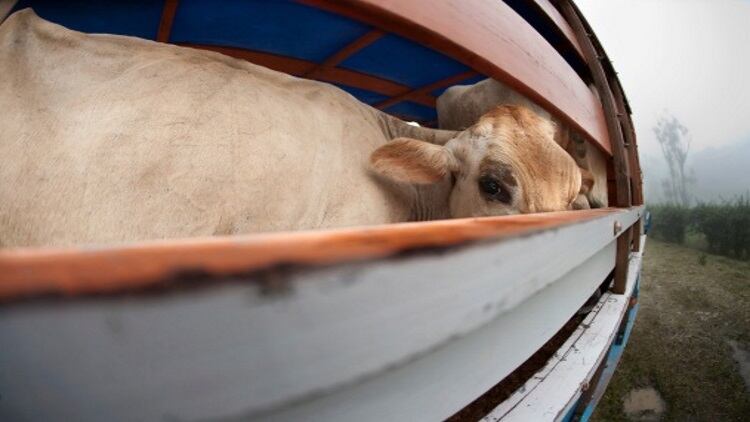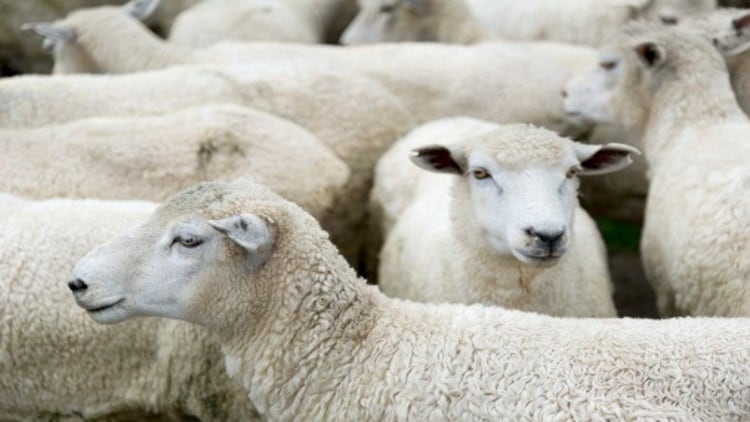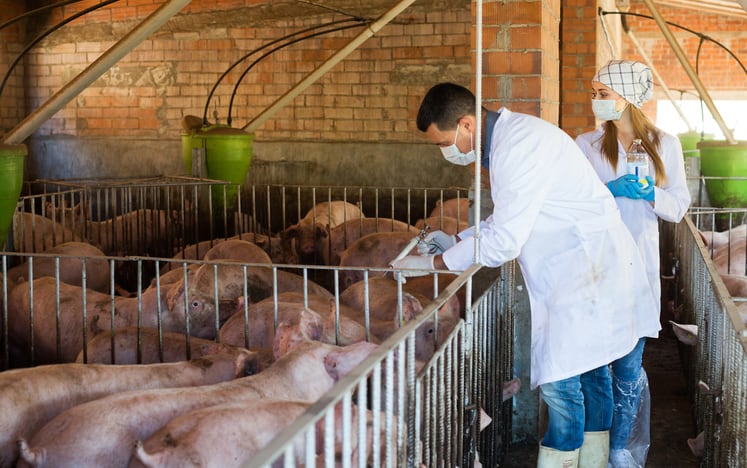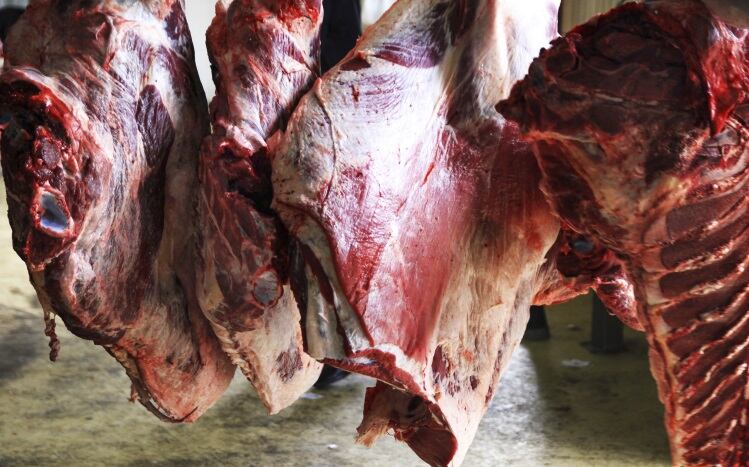In a resolution, adopted by 411 votes in favour to 43 against, with 110 abstentions, MEPs renewed a call for a strong and uniform enforcement of the 2005 EU law on protecting transported animals, currently poorly applied in some EU states.
The MEPs said the EU Commission should impose penalties on member states failing to apply EU rules correctly and that EU states should prosecute breaches with effective and harmonised penalties, including confiscating vehicles and compulsory retraining for staff.
Parliament called on national authorities to: carry out more unannounced and risk-based checks; inform authorities in all countries along the transport route if a breach is identified; suspend or withdraw transporter’s license for repeat offenders; ban non-compliant vehicles and vessels, and adapt ports to animal-welfare requirements and improve pre-loading checks.
MEPs also urged a science-based update of EU rules on transport vehicles to ensure sufficient ventilation and temperature control, appropriate drinking and liquid feed systems, reduced stocking densities and vehicles adapted to the needs of each species.
Animal journey times should be as short as possible, Parliament added. MEPs supported the idea of local, mobile or on-farm slaughter and meat-processing facilities close to the place of rearing, short distribution circuits and direct sales.
“Actors in the transport chain need to live up to their obligations, whether they are farmers, traders of animals, veterinarians, or transport companies,” said rapporteur Jørn Dohrmann. “We have now made it clear to the Commission and the member states that they must do so, either by enforcing current rules properly or by looking into new policy tools to apply new technology and minimise transport times.
MEPs also insisted that unless transport standards in non-EU countries are aligned to EU ones and properly enforced, the EU should seek to mitigate the differences through bilateral agreements or, if not possible, ban transport of live animals to these countries.
“This applies to non-EU countries too,” he added. “As the European Court of Justice said, the EU is responsible for animals even after they have left its territory. Therefore, either those countries ensure as high a level of protection for transported animals as we do or we should ban exports of live animals to those countries.”
Welfare group Eurogroup for Animals praised the decision. “The European Commission must now initiate the shift towards the trade of meat and carcasses only,” said Reineke Hameleers, director of Eurogroup for Animals. “At the same time, we’ll keep pressure on Member States and the Commission to make sure that animals are not transported during high temperatures or to countries where the EU Transport Regulation provisions are not respected.”




